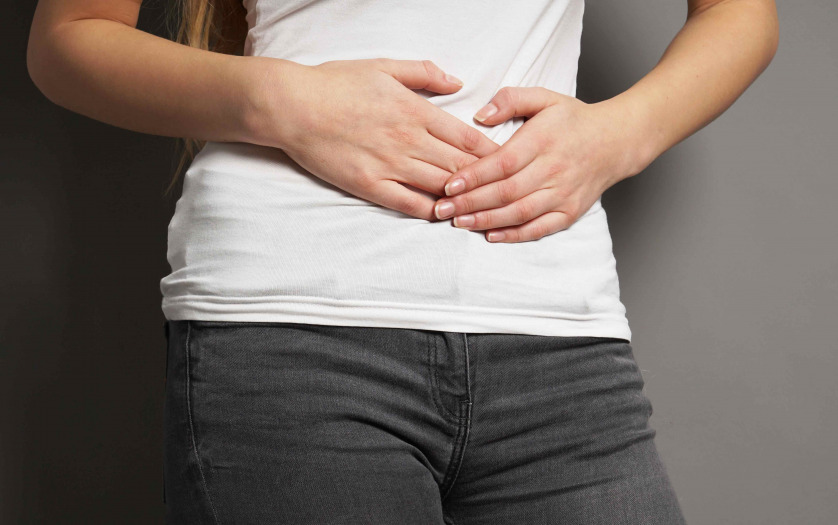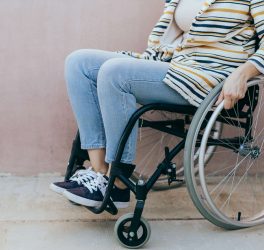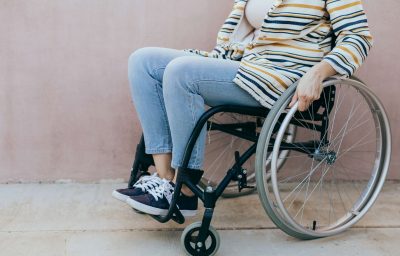
Intrauterine devices (IUDs) were effective at managing menstrual cycles in young adults with physical, intellectual, or developmental disabilities, according to a study.
“Young women with complex medical conditions, including physical, intellectual, and developmental disabilities, are often interested in menstrual management or suppression for many reasons,” says Beth Schwartz, MD, Director of Pediatric and Adolescent Gynecology at Thomas Jefferson University and Nemours Children’s Health System and Assistant Professor of Obstetrics & Gynecology and Pediatrics at Sidney Kimmel Medical College at Thomas Jefferson University. “This study describes how safe and effective this option is for young women and their families.”
The results were reported in the journal Pediatrics, July 23rd, 2020.
For young women with intellectual or developmental disabilities, puberty and the onset of a menstrual cycle can be alarming and difficult to understand. “Many families seek support for this difficult transition,” says Dr. Schwartz. “IUDs don’t always come to mind for many pediatric providers. This data shows physicians that this treatment option can be immensely helpful and improve a young woman’s quality of life.”
Dr. Schwartz and colleagues at Cincinnati Children’s Hospital Medical Center performed a retrospective chart review of all IUDs placed there over a 10-year period. The analysis included women ages 22 and under who had never had a baby, and who had a physical, intellectual or developmental disability. The study ultimately included 159 patients with disabilities in the analysis, whose mean age was 16 (range of 9-22 years) at IUD placement.
The results showed that 65% of young women and adolescents reported less bleeding one year after IUD placement, and only 7% had worsened bleeding. As many as 59% had no bleeding with the IUD placement, which is very high compared to the general population and to other menstrual management methods.
The researchers also found that 95% of women in the study kept their IUD after 1 year, and an estimated 73% still had it at 5 years, which is an indication of satisfaction with the treatment. “These rates are much higher than those reported in studies with adult women without disabilities and compared to other methods of contraception,” says Dr. Schwartz. The side effects reported were also rare, at 5% or less.
“Women with disabilities and their families request help managing menarche for reasons of hygiene, mood issues, exacerbation of other medical issues, abnormal bleeding and pregnancy prevention,” says Dr. Schwartz. “We hope this data will help reassure physicians that this is a viable option.”








